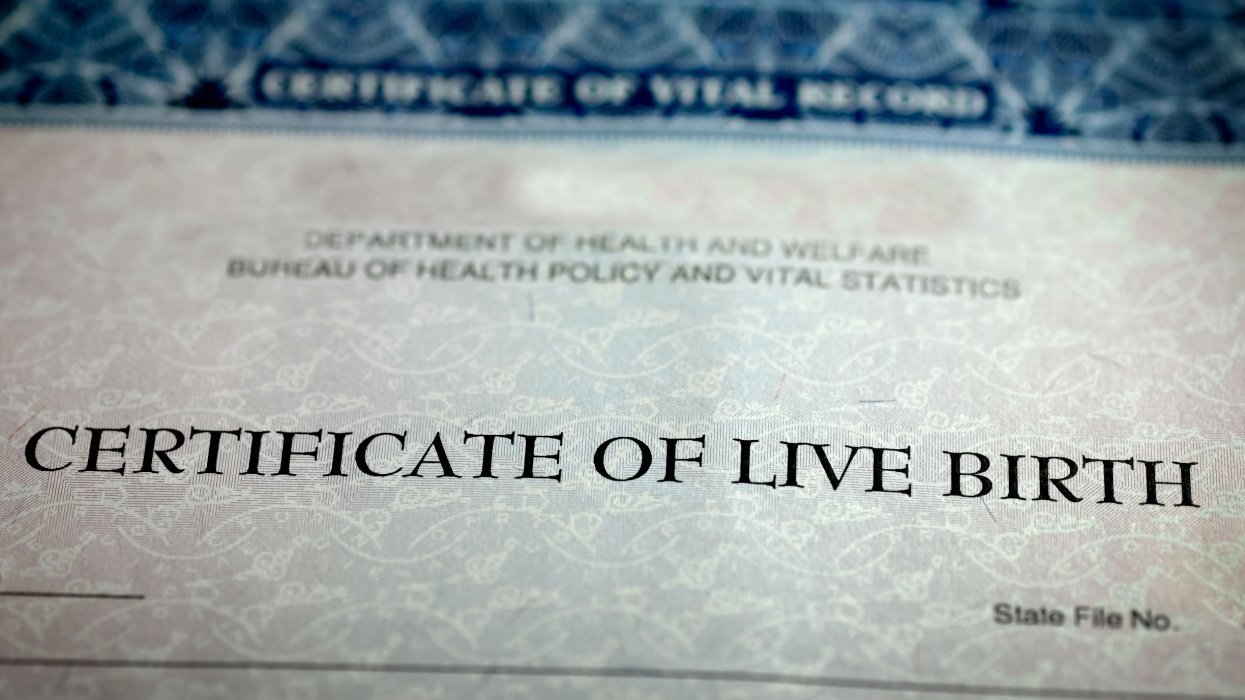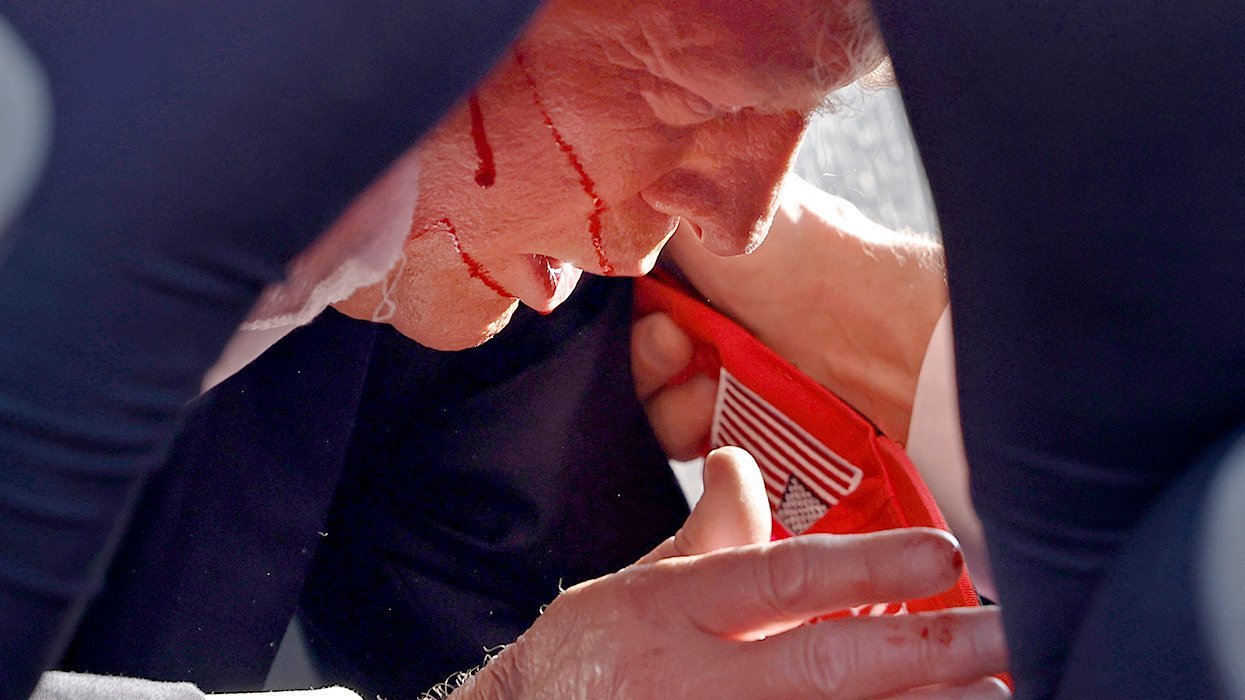CONTACTStaffCAREER OPPORTUNITIESADVERTISE WITH USPRIVACY POLICYPRIVACY PREFERENCESTERMS OF USELEGAL NOTICE
© 2024 Pride Publishing Inc.
All Rights reserved
All Rights reserved
By continuing to use our site, you agree to our Private Policy and Terms of Use.
The Centers for Disease Control and Prevention is reviewing a 14-year-old government agreement with pharmaceutical company Chiron on its hepatitis C research because some critics claim the agreement stifles similar research at other agencies and companies. Industry scientists have complained for years that Chiron has hindered the fight against hepatitis C by creating a virtual commercial monopoly over drug research; Chiron holds 100 patents in 20 countries related to hepatitis C. Competitors complain they've abandoned plans to enter the field because Chiron demands too much money to access its technology, including the ability to mass-produce the virus in order to adequately study it. Chiron has successfully sued many companies for infringing on its patents related to the virus. Those patents credit Chiron scientists with discovering the hepatitis C virus, despite the fact that a scientist from the CDC contributed much to the original research. But the CDC signed away to Chiron most of the commercial control of the virus for a little more than $2.2 million in 1990. "There have been a number of individuals in the scientific community that are involved in the prevention, treatment, and research of hepatitis C that have said the agreement is having an impact on the scientists' ability to address hepatitis C," said CDC spokesman Tom Skinner. "We are looking into whether or not the agreement we have in place with Chiron is having an impact and, if so, what kind of impact." Chiron officials said the CDC hasn't notified the company of any review. Defending Chiron's handling of its patents, spokesman John Gallagher said the Emeryville, Calif.-based company has deals with 13 competitors that allow them to pursue hepatitis C drugs with Chiron's patented technology. Gallagher said Chiron makes its technology freely available to nonprofit research scientists, many of whom credit the company with funding hepatitis C science meetings and supporting academic endeavors. Hepatitis C is a blood-borne virus, often contracted by sharing needles, and can lead to chronic liver disease and liver cancer. The virus also can be spread through unprotected sex, although the CDC says the risk is relatively low, and as many as one third of HIV-positive people in Western nations also are infected with the hepatitis C virus. More than 170 million people worldwide are believed to be infected with hepatitis C.
Want more breaking equality news & trending entertainment stories?
Check out our NEW 24/7 streaming service: the Advocate Channel!
Download the Advocate Channel App for your mobile phone and your favorite streaming device!
From our Sponsors
Most Popular
Meet all 37 of the queer women in this season's WNBA
April 17 2024 11:24 AM
Here are the 15 gayest travel destinations in the world: report
March 26 2024 9:23 AM
21+ steamy photos of Scotland’s finest gay men in Elska Glasgow
February 01 2024 10:07 PM
More Than 50 of Our Favorite LGBTQ+ Moms
May 12 2024 11:44 AM
Conjoined twins Lori Schappell and trans man George Schappell dead at 62
April 27 2024 6:13 PM
Latest Stories
FBI identifies Thomas Matthew Crooks as Trump shooter
July 14 2024 3:27 AM
Washington reacts to deadly shooting at Pennsylvania Trump rally
July 13 2024 8:53 PM
Shooter and rally attendee dead at Donald Trump event: report
July 13 2024 8:31 PM
Trending stories
Most Recent
Recommended Stories for You


















































































